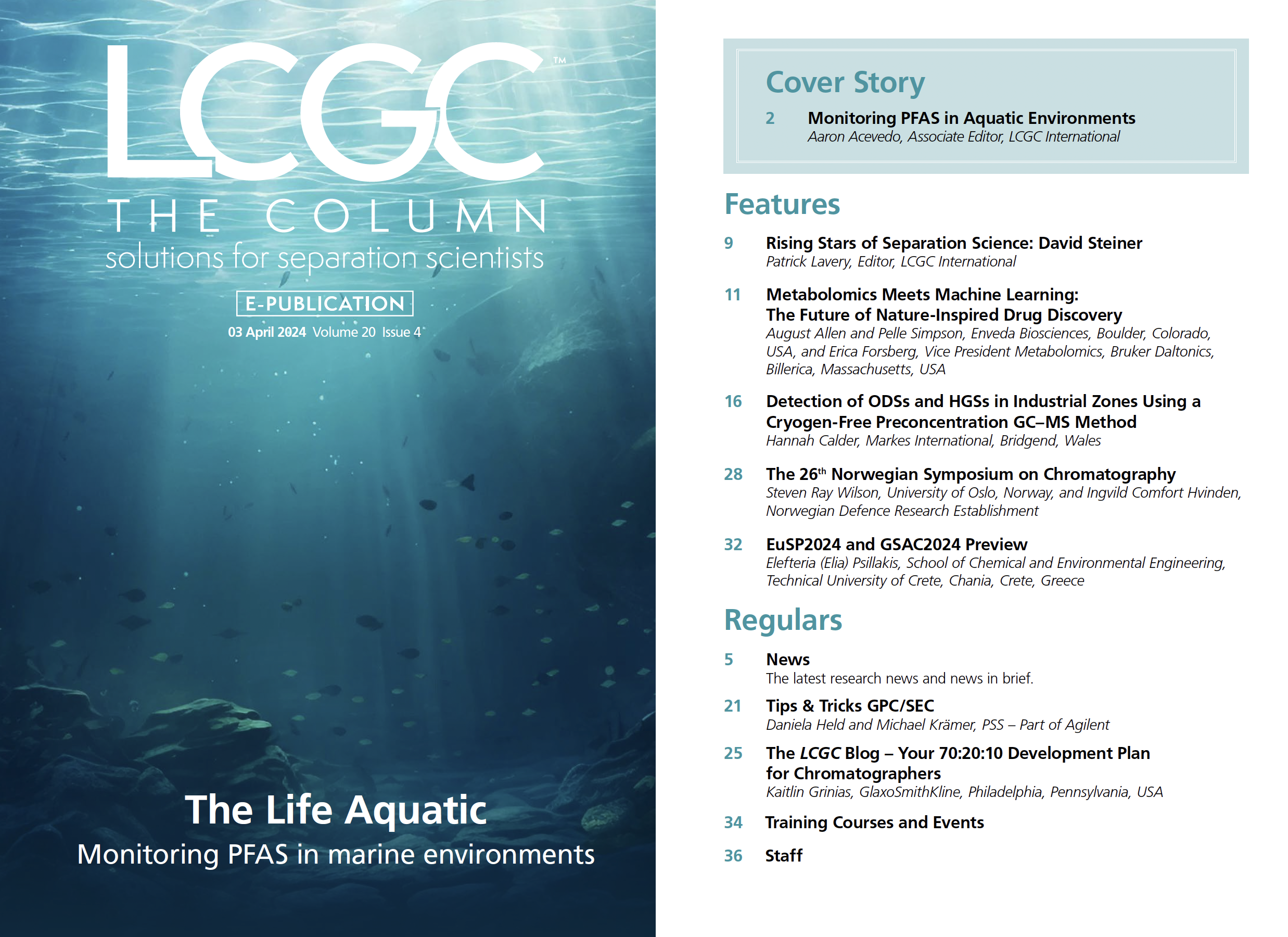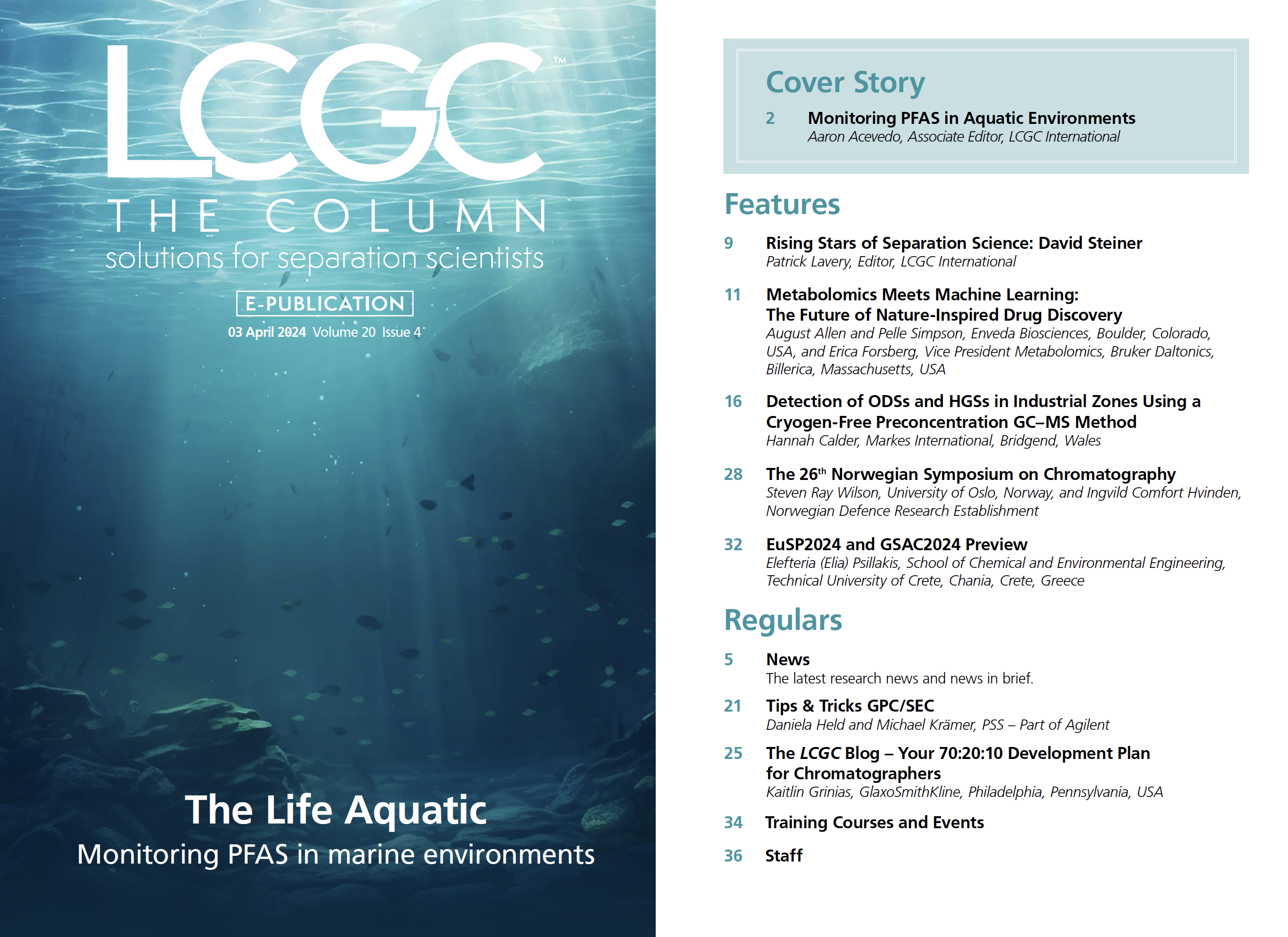University of Cambridge Grad Student Scientist Wins Darlene Solomon Award
Joycelyn Tan, a PhD candidate at the University of Cambridge, is the 2024 recipient of the Darlene Solomon Award (1), co-sponsored by Females in Mass Spectrometry (FeMS) and Agilent Technologies, and created to provide support for up-and-coming women scientists.
“The future capacities of mass spectrometry-based technologies are extremely exciting,” Tan said in a press release. “I look forward to the opportunity to learn more about current lipidomic implementations across research fields, and new technical developments.”
As part of the award, Tan traveled to the iSLS12 – 12th International Singapore Lipid Symposium, held 5–8 March 2024 at the National University of Singapore. Tan’s research focuses on certain culture conditions and how they can alter the metabolism and functions of various metabolic cell types.
“Agilent is committed to fostering an atmosphere where female scientists can flourish and serve as role models to others,” said Ken Suzuki, vice president and general manager of Agilent’s Mass Spectrometry Division (1). “We congratulate Ms. Tan on receiving this prestigious award.”
Reference
(1) Agilent Presents 2024 Darlene Solomon Award to University of Cambridge Researcher Joycelyn Tan. Agilent. Agilent Technologies, Inc., 2024. https://www.agilent.com/about/newsroom/presrel/2024/14mar-ca24005.html (accessed 2024-03-22).


.png&w=3840&q=75)

.png&w=3840&q=75)



.png&w=3840&q=75)



.png&w=3840&q=75)

















